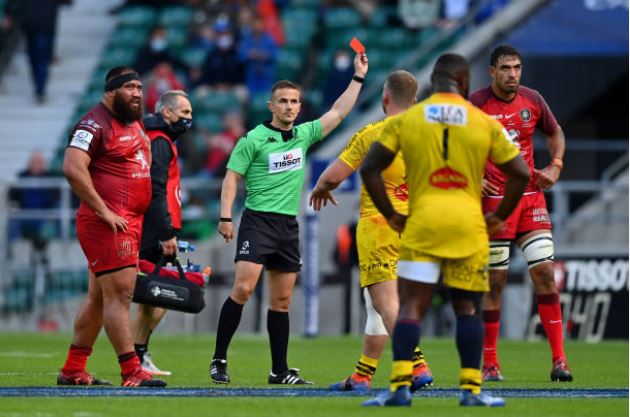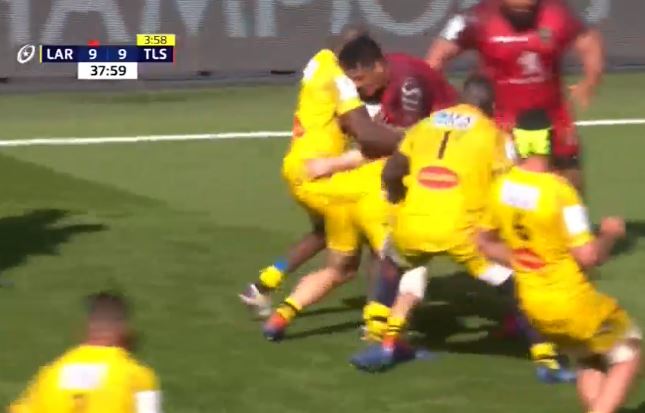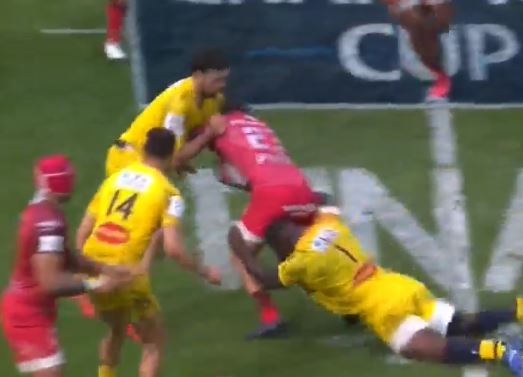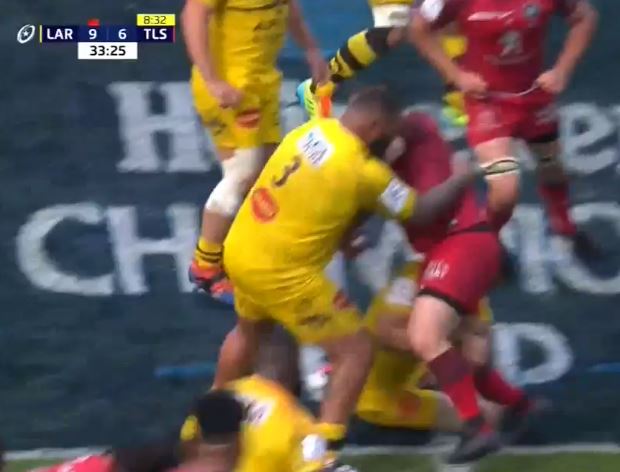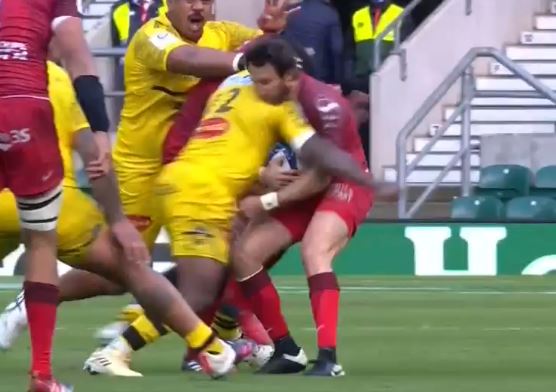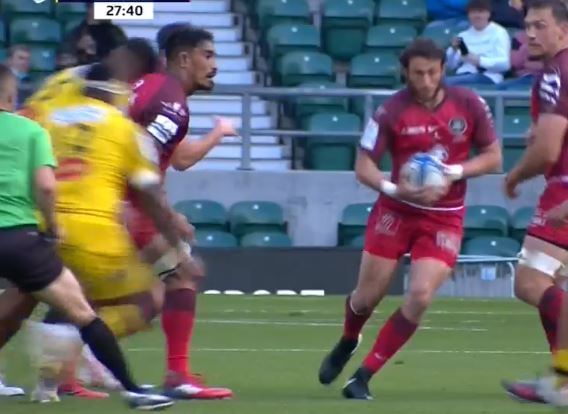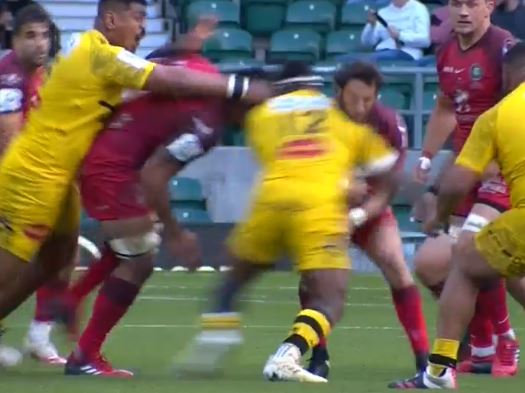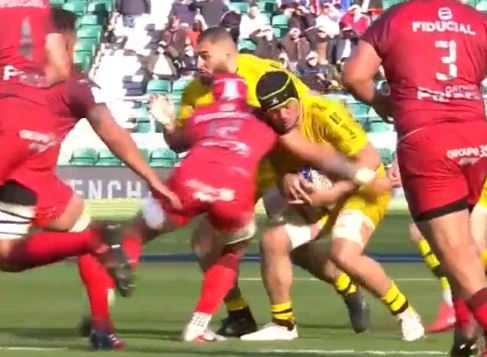The much-anticipated Champions Cup final was the latest in a growing number of rugby matches ruined by a referee overreacting to a high tackle, writes ZELIM NEL.
Commissioned reports suggest that rugby participation numbers are down and that’s not at all surprising given how Super Rugby was driven into extinction – it took clever sports marketers less than five years to empty the full stadiums of the early 2010s.
The ‘growth’ of interest in rugby in the UK and Ireland over the past 20 years has been based primarily on an influx of foreign talent rather than a fundamental change in the way those nations go about their rugby – a point made by the fact that Wales, Scotland and Ireland have still yet to reach a World Cup final.
And that’s why it’s a tough sell when rugby bosses, perhaps misdirecting responsibility for what’s happened to the game on their watch, blame public reaction to the risk of injury for the dip in numbers.
It’s impossible to escape the cage without eating upwards of 20 intended strikes to the cranium and yet MMA is one of the fastest-growing sports in the world precisely because there is a huge appetite for the rough stuff. Fear-mongering has driven parents away from rugby since at least the 1980s, so the risk of injury doesn’t explain rugby’s recent dwindling numbers.
But let’s pretend for one second that rugby in 2021 is less safe than the game was 40 years ago, footage of which will have modern viewers weeping in terror at the sheer violence of the sport. Let’s pretend that a high percentage of rugby players are forced into early retirement these days at an unprecedented rate by the actual effects of concussions, and not the sage advice of zero-risk medical practitioners.
If all of this is true, why are we seeing so few red cards? If rugby bosses are convinced that a concussion is a high-probability shortcut to a life of mental dysfunction, why isn’t the naughty chair expanded to an entire bank of seats in the stands?
Why wasn’t La Rochelle’s Ray Rhule sent off for this shoulder-to-head hit on Toulouse lock Rory Arnold on Saturday?
What about this shoulder hit to the head of Thomas Ramos?
Or this leading elbow to the head of tighthead prop Uini Atonio?
The Champions Cup final was decided after 27 minutes when La Rochelle lost centre Levani Botia to a red card for this high tackle.
As you can see from the following images, Toulouse fullback Maxime Medard drops a full foot in height in the 10ths of a second preceding the collision.
But ‘rules is rules’ and this was a tackle that started above the imaginary line between the shoulders and went up after contact – it deserved a penalty.
Early in the second half, La Rochelle’s Greg Alldritt took this shot from Toulouse centre Pita Ahki.
‘It’s shoulder to shoulder … isn’t it?’ said ref Luke Pearce with a straight face before deciding that the incident warranted nothing more than a penalty to La Rochelle.
It’s likely that Pearce recognised this hit was a carbon copy of Botia’s but what was different is that the ref had already paid his tribute to the safety gods with a red card, followed later by a yellow card to Rynhardt Elstadt.
Incidentally, Elstadt was sin-binned for a no-arms hit and was immediately on the receiving end of a shoulder charge by a cleaner, diving in off his feet. Somehow, Pearce and his mates missed it in the TMO’s slow-motion replay of the incident.
Or maybe he didn’t miss it and instead he realised that a ruined final was on the brink of turning into a non-event. Perhaps a few non-events are what is required to give the suits at Rugby HQ a sharper understanding of the current madness. It’s time for referees to stop shielding rugby bosses from the consequences of their decisions and card every dangerous act, even if that means reducing matches to a seven-on-seven contest with 16 players in the sin bin.
Years after ‘experts’ made safety tweaks that inevitably increased the number of reported concussions, the game is still chasing an unattainable solution to an issue that will never go away. Never mind rugby, concussions are unavoidable in college cheerleading and gymnastics.
The only way to eliminate concussions from rugby is to eliminate the sport, and if that’s the goal then the game’s custodians are doing a fabulous job of it.
No one is suggesting head injuries shouldn’t be taken seriously – in this regard, the HIA initiative is an excellent addition – but rugby has no place in a future where almost every dangerous incident results in a player being sent off.


